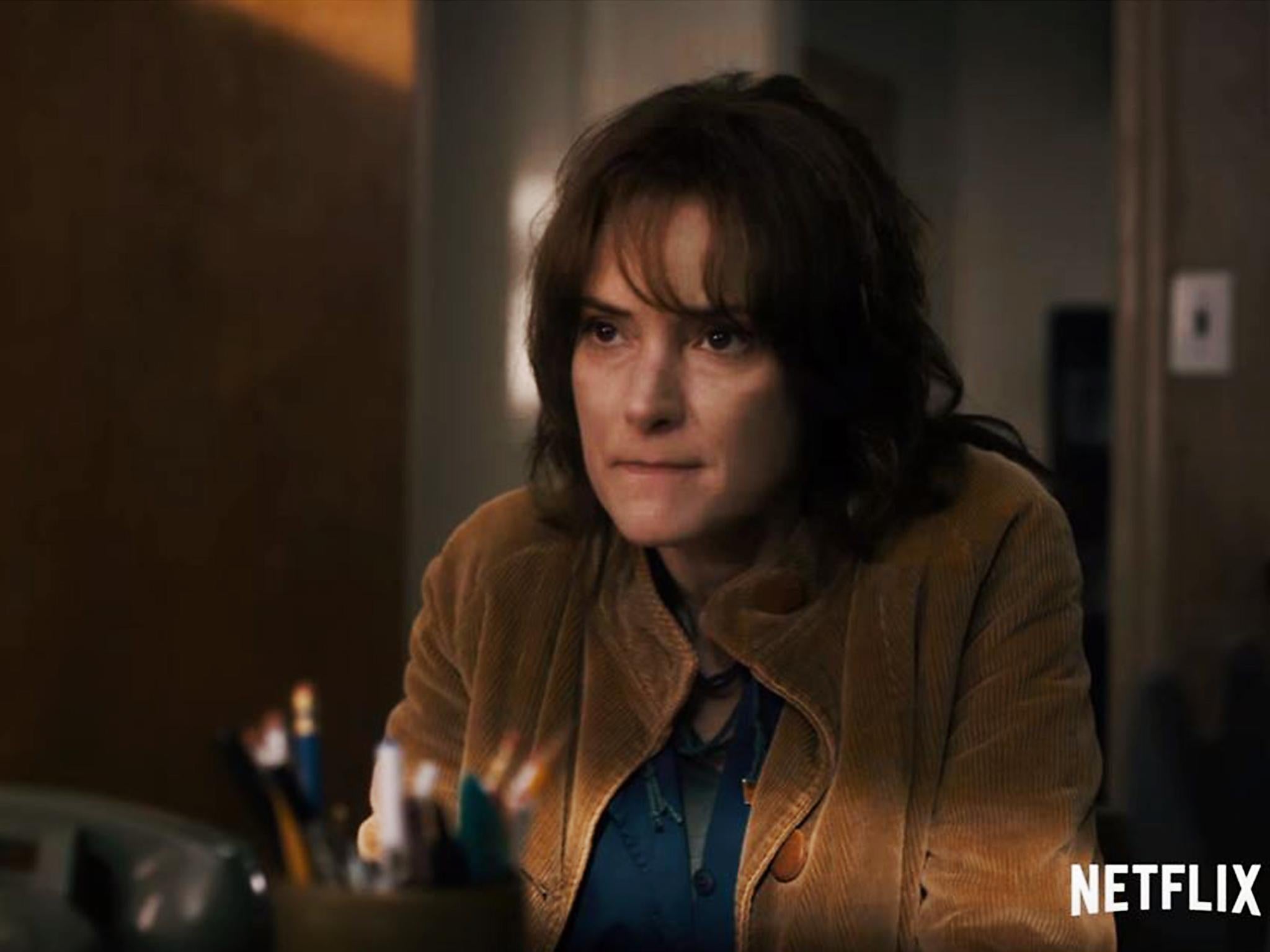Netflix is back, and others will soon follow its lead
The streaming service's decision to raise prices and focus on original content has paid off handsomely

Your support helps us to tell the story
From reproductive rights to climate change to Big Tech, The Independent is on the ground when the story is developing. Whether it's investigating the financials of Elon Musk's pro-Trump PAC or producing our latest documentary, 'The A Word', which shines a light on the American women fighting for reproductive rights, we know how important it is to parse out the facts from the messaging.
At such a critical moment in US history, we need reporters on the ground. Your donation allows us to keep sending journalists to speak to both sides of the story.
The Independent is trusted by Americans across the entire political spectrum. And unlike many other quality news outlets, we choose not to lock Americans out of our reporting and analysis with paywalls. We believe quality journalism should be available to everyone, paid for by those who can afford it.
Your support makes all the difference.How long before we witness the final death of the traditional television broadcaster?
Netflix shares have hit new highs after the streaming specialist reported record subscriber growth.
It was only a few months ago that people were (again mistakenly) suggesting the party was over.
The company’s decision to hike prices, its slowing subscriber growth, the decision to divert resources from paying for licences to screen other people’s content in favour of focusing on its own, saw Wall Street’s bears tearing into the stock.
How quickly things change. Once again Netflix is the favourite show on the street of dreams, having attracted a huge number of new subscribers, driven by some eye catching international growth.
Internationalising the business has also paid some surprising dividends in Netflix’s home market.
Traditional wisdom suggests Americans aren’t much keen on foreign fare, and especially foreign language fare which has to be either dubbed or (horror upon horror) sub titled prior to consumption And yet the Brazilian dystopia 3% has proved a surprise hit alongside more predictable winners such as Stranger Things and big budget spectacular The Crown.
Let people pick their poison from productions around the world and they can sometimes surprise you.
When the home produced fare is as good as the aforementioned, or Narcos, or House of Cards, and so on, they will naturally watch.
But Americans - or at least the younger web savvy demographic that Netflix wins with - aren’t quite the navel gazers that execubots from traditional TV networks sometimes seem to think they are. And the choice Netflix offers is only going to get wider.
If there is a threat (as Netflix has referenced) it comes from other content heavy businesses joining the streaming/binge watching party.
Netflix itself seems to think HBO, responsible for Game of Thrones among others, will join it. That might be a cheeky “I dark yah” to a rival. But no one would be terribly surprised if HBO were to say, ok, let's see how you like being proved right.
Then there is the BBC. “The Crown” has been favourably compared to some of its offerings.
It's doubtful whether Netflix would favourably view an attempt by the Beeb to move its tanks on to its lawn. Commercialising a global offering wouldn’t do the broadcaster any harm with licence fee payers at home.
Where that leaves more traditional, advertising funded broadcasters, is potentially in a tough spot. In this country ITV makes a living through its ability to deliver a “mass audience” that is still prized by certain advertisers as a cost effective means of hawking their wares.
Partly that is by dint of a diet of soaps and talent shows and reality TV hits that still have the power to draw in the casual viewer. Partly it is because ITV occupies the third space in the line up after people turn on their TVs, whether their platform is provided by Sky, or Virgin or Freeview. But what if they stop turning on their TVs, as increasing numbers are doing, preferring instead to click online.
Are people going to bother even having TVs in five years? Stranger things have happened, and not just in fictional dramas.
With analysts fretting over TV advertising, the bears have had their claws out. For ITV their attack could be terminal. The company has often showcased cost cuts when it might have been better to thumb its nose at analysts in favour of content. From a global perspective, it's hardly alone in that.
Join our commenting forum
Join thought-provoking conversations, follow other Independent readers and see their replies
Comments